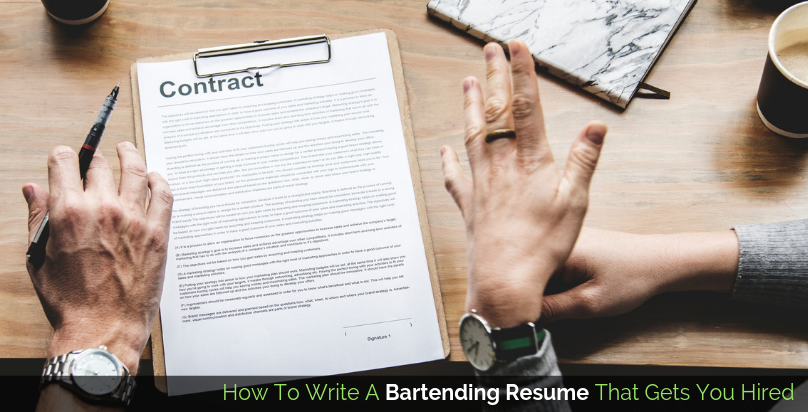How To Write A Compelling Bartending Resume That Gets You Hired
Need to craft a bartending resume? Whether you’re looking for a bartending job for the first time, or switching jobs (to another restaurant or bar), this post is for you. As with any industry, writing an irresistible resume holds great importance. If written correctly – with just a little extra …






